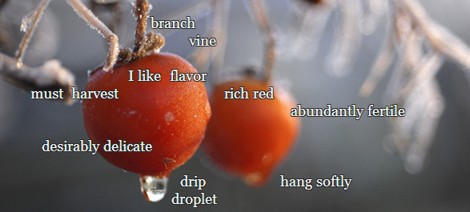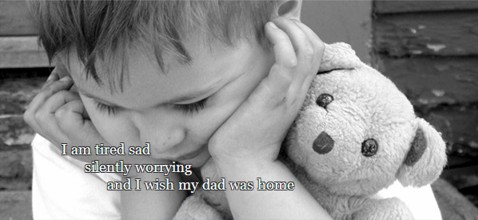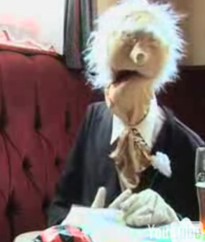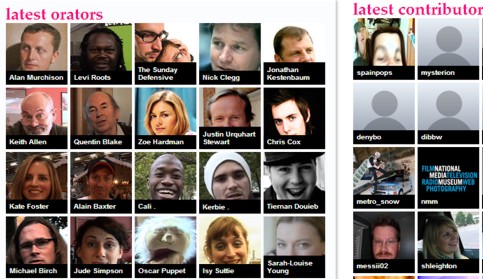[youtube=http://www.youtube.com/watch?v=shCv2kHttoc&feature=player_embedded]
The origin of words and the culture and history behind them are fascinating. Jenny Luca sent me to the Words of the World website today and I’ve been having fun learning about my Russian cultural background.
From Nazi to Chocolate, words play a vital role in our lives.
And each word has its own story.
But where do they come from? What do they mean? How do they change?
The University of Nottingham School of Languages and Cultures does a brilliant job of unpacking words in a very engaging way. It’s difficult not to go through all the videos in one sitting when the experts present their knowledge in such an accessible way. It makes me want to study at Nottingham University. So much more interesting for students to learn in video form, I think, and learning from experts in this way would be something which could entice reluctant learners or just bring knowledge through a face and voice, whetting the appetite for more.
Check out the YouTube channel, join the Facebook group, follow @wordsnottingham on Twitter, or follow the blog of the creator, film-maker Brady Haran.
My question is – will the word bank increase? I hope so because this learning site is very addictive.
Ever wondered about the history of Russian nesting dolls?
[youtube=http://www.youtube.com/watch?v=z7LjWTxHPNA&feature=player_embedded]
You might also like to have a look at The University of Nottingham’s YouTube channel.





